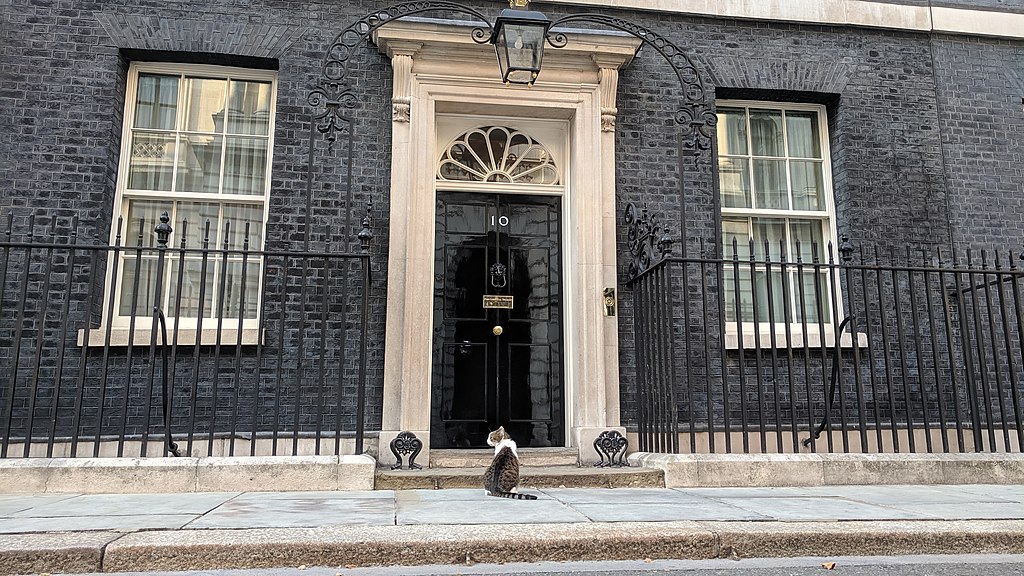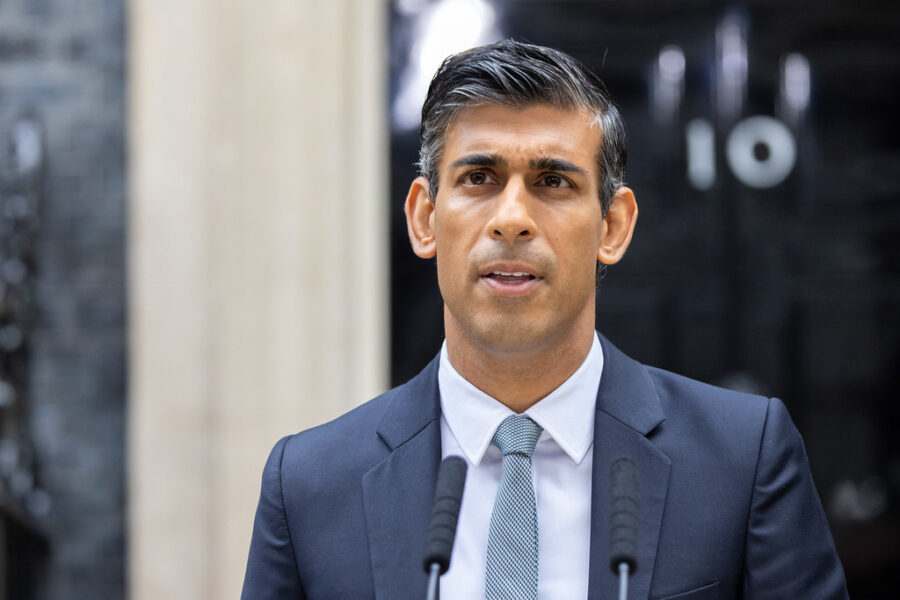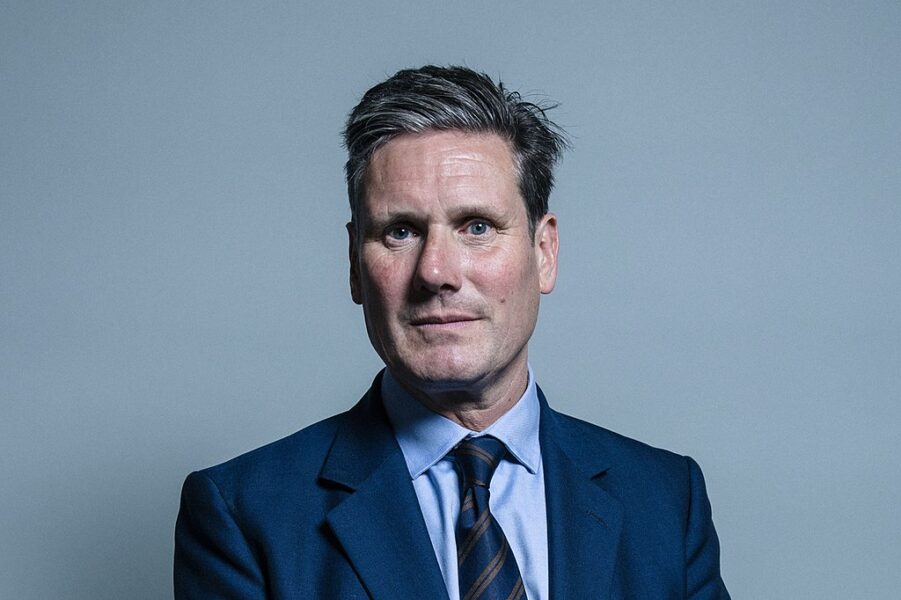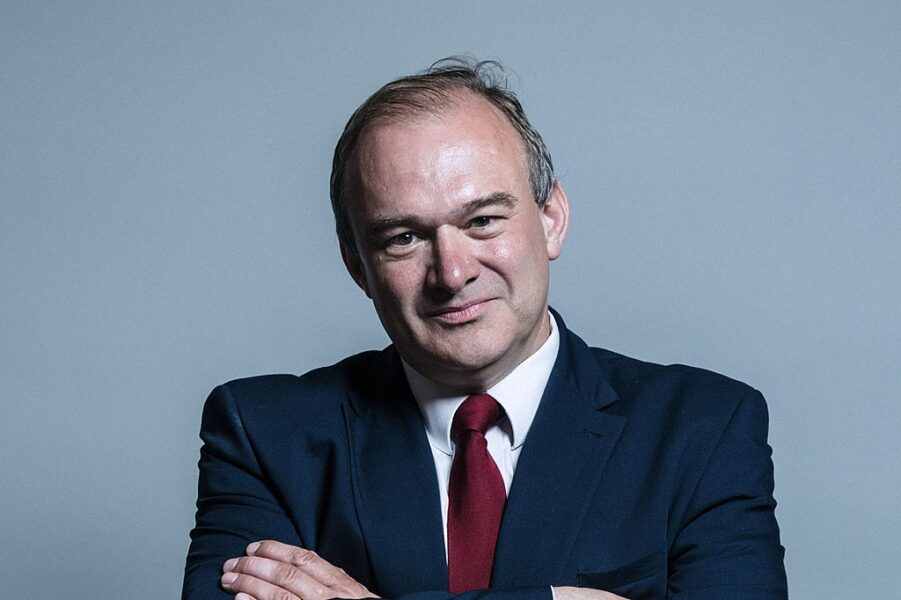
You might feel that party leaders are far from the most important factor when it comes to deciding who you give your vote to on July 4th, especially considering that current Prime Minister, Rishi Sunak, wasn’t publicly elected. But leaders do matter, and all three of the main party leaders are likely to be prominent voices in the next Parliament, so it’s worth knowing what they’re about.
Rishi Sunak: Conservative leader and current PM

Sunak’s official website showcases his upbringing as the son of a GP and local chemist. Previously the co-founder of a ‘large investment firm’, he advertises himself as a former businessman-turned-politician, emphasising his aim to ‘back local businesses’ and ‘stand up for farmers’ in his North Yorkshire constituency. His economic beliefs are at the forefront of what he stands for as a former Chancellor of the Exchequer (you might remember his furlough scheme, or his memorable ‘Eat Out to Help Out’ scheme, which saw many of us return to Nandos more than we’d like to admit post-lockdown).
His recent televised debate against Labour leader Sir Keir Starmer saw him scrutinised by major media outlets for his suggestion that strikes are to blame for growing NHS waiting lists. He stood by the heavily debated Rwanda deal which sees ‘illegal asylum seekers’ sent to Rwanda as part of the current government’s plan to tackle immigration. You might also have heard that the Prime Minister left a D-Day event early for travel reasons, another scandal likely to muddy his office-retaining prospects.
According to the Guardian, Sunak has shown signs of being ‘socially conservative’ in his stands against trans rights – particularly those of trans women – and ‘stopping the boats’. His voting history reflects this, demonstrating a recent shift away from the One Nation, ‘compassionate conservative’ ideology.
Key policies: lowering taxation, Rwanda immigration deal, moving on from EU-era Britain, building new homes, eliminating stamp duty for first time buyers, net zero by 2050.
Further details on these policies can be found in the Conservative manifesto here.
Sir Keir Starmer: Labour leader

Formerly Chief Prosecutor, Starmer worked as an advisor to the Northern Ireland Policing Board after the Good Friday Agreement (1998). His campaign has emphasised a changed Labour, exiting their short-lived shift further leftwards during Corbyn’s era. However, there are concerns about Starmer’s tax policy: PM Sunak confronted him for supposedly planning to raise taxes by £2000 per household during their first televised debate (the BBC’s breakdown of the legitimacy of this claim can be found here), which Starmer later contradicted.
Starmer’s website highlights rising mortgage rates, inflation and taxation under the current Tory government. In an attempt to move away from Labour’s less-than-promising financial track record, he preaches ‘economic stability with tough spending rules’, alluding to a new, financially rigorous Labour.
The Guardian refers to Starmer as ‘the most working class leader of the Labour party for a generation’. However, he has emphasised tight budgets amid his investment targets (e.g., the NHS, his Great British Energy plan); it might be difficult for the electorate to gather whether Starmer stands for the end of an era of austerity, or its continuation.
The overall focal point of a Starmer-led Labour party seems to be reform: that of criminal justice, the NHS, green energy, and education.
Key policies: reducing the NHS backlog, economic stability, committing to NATO and nuclear deterrent, border/immigration control, a public Great British Energy firm, net zero by 2050.
Further details on these policies can be found in the Labour manifesto here.
Ed Davey: Liberal Democrats leader

Davey has been clear on his mission to lead the country towards an era of NHS and social care investment. The Lib Dem leader gained a lot of respect recently after speaking publicly about his caring responsibilities for his son, John, who has a lifelong disability. With a liberal track record – in 2003 he was a key figure in the repealing of Section 28, a Conservative law banning teaching on same-sex relationships in UK schools – Davey’s campaign focuses on social and environmental reform.
Davey has spent much of his parliamentary career backing environmental policy. His current policy outlines a net zero target of 2045, alongside offering free insulation to low-income households. He hasn’t suggested that immigration is something to be ‘tackled’ and will instead look to reform the income threshold-based work immigration system. He has also been clear on his stance about gender identity: the Lib Dem manifesto outlines plans to recognise non-binary identities and reform the legal process of gender recognition by removing the medical report requirement.
Davey plans to lower the voting age to 16, as well as reforming the electoral system by overhauling first-past-the-post for proportional representation. His latter goal is a call-back to Lib Dem’s unsuccessful AV referendum of 2011, although turnout was relatively low at 42%, compared to the Brexit referendum’s 72.2%. A better-circulated campaign might put a vote like this in better stead if the Lib Dems do gain influence in this general election.
Key policies: scrap Rwanda scheme, gender recognition reform, ban on conversion therapy, net zero by 2045, proportional representation, lower voting age, closer relationship with EU including a reintroduction to the single market.
Further details on these policies can be found in the Liberal Democrat manifesto here.


